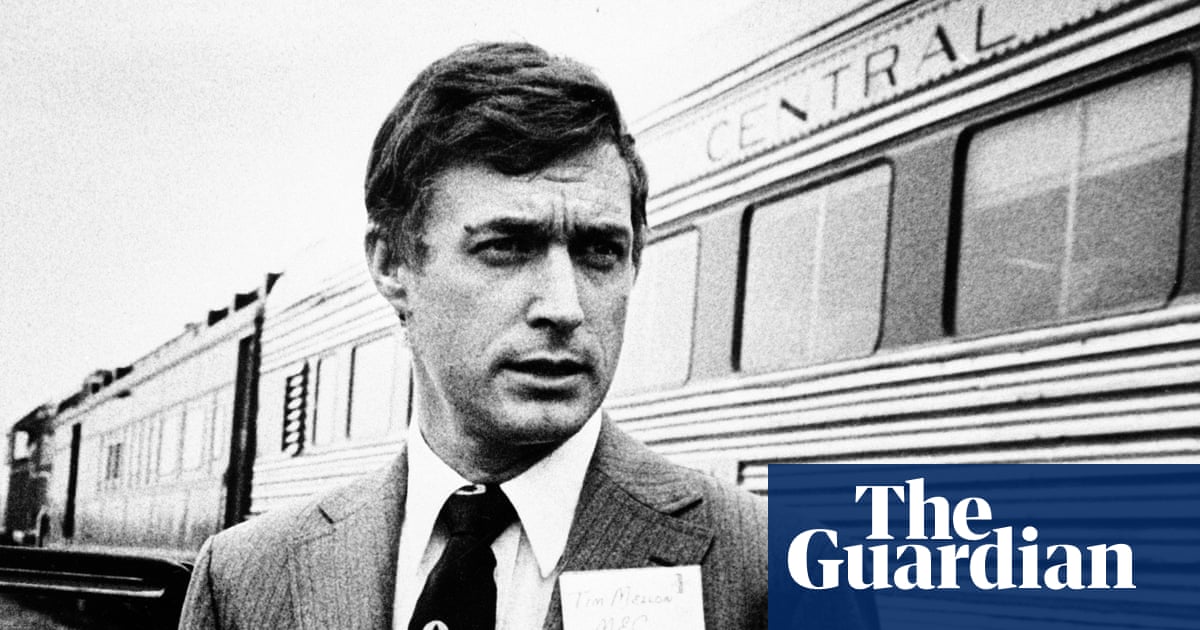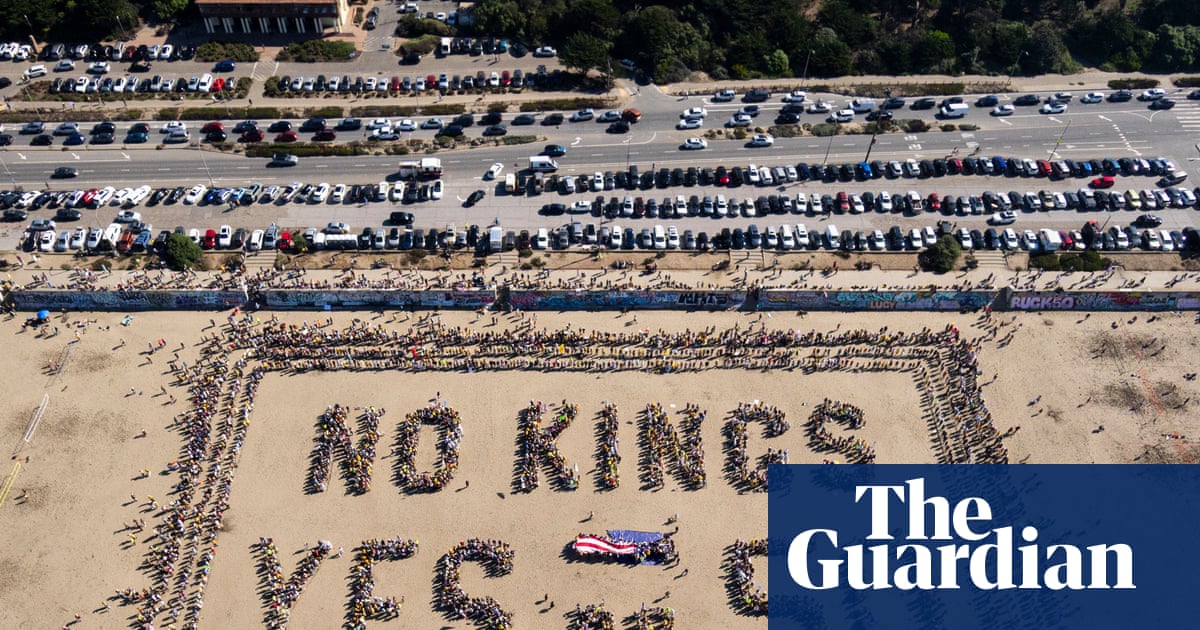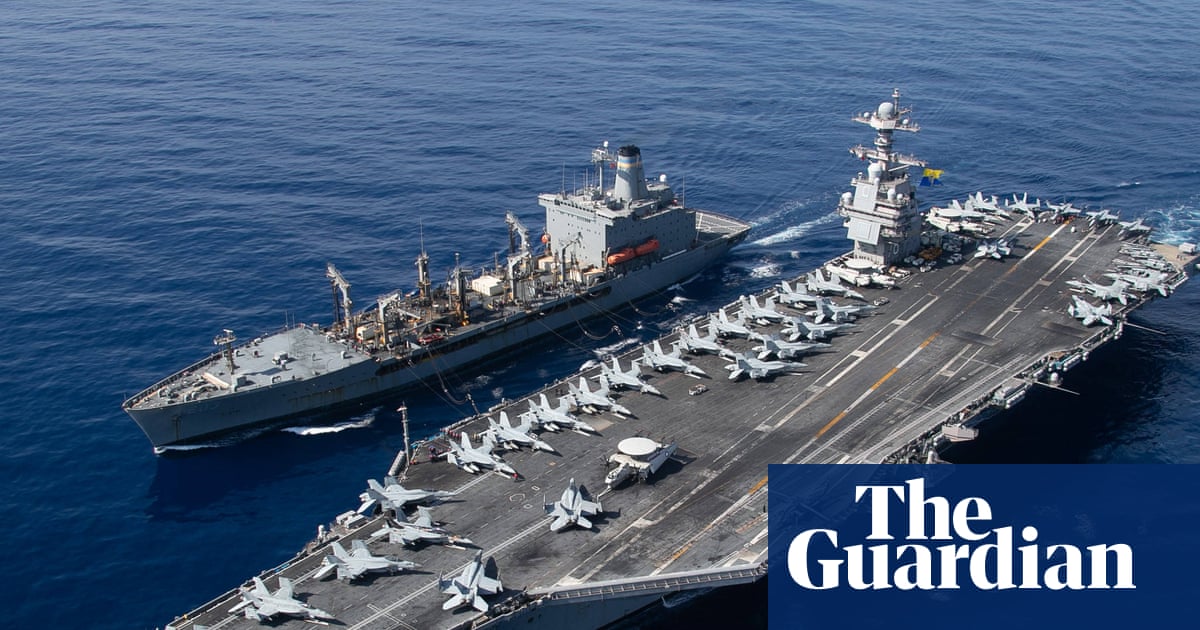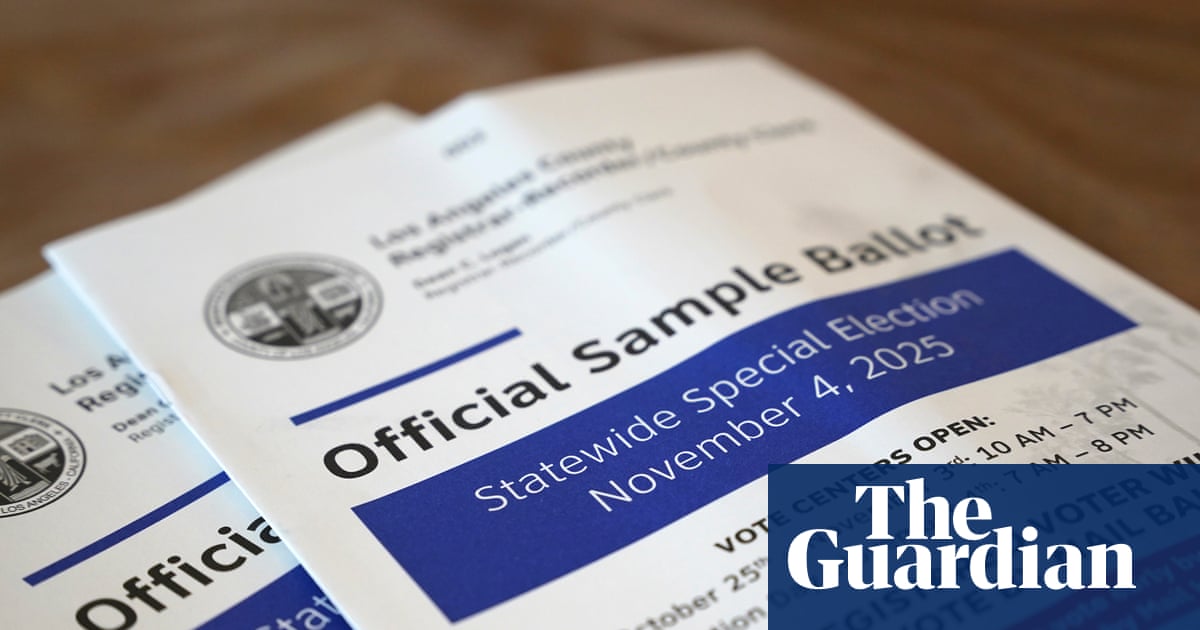LONDON (AP) — When President Donald Trump took the stage in Egypt to hail the U.S.-brokered ceasefire deal between Israel and Hamas, a row of world leaders stood behind him like extras in a political drama.
It was a telling image. European governments have struggled to play a significant role in diplomacy over the Gaza war, while the “America First” leader has played a central one, pushing longtime allies in Europe toward the sidelines.
Closer to home, they have labored with mixed results to shape Trump’s response to Russian President Vladimir Putin's obstinate pursuit of the Ukraine war, a conflict with profound consequences for the continent’s future.
“Is Europe able to influence Trump? I think the short answer … is no,” said Lindsay Newman, a geopolitical risk expert and columnist for GZERO Media. “The policy and positioning of the U.S. government – on Ukraine, on Israel, on its relationship with Europe – is defined by the president and those around him. Largely the president.”
Newman said Trump’s ambitious global agenda proves anyone wrong who thought “‘America First’ means a narrow, isolationist foreign policy.”
“He's remaking the world in his image,” she said.
Divisions — and some progress — over Ukraine
European support for Ukraine against Russia's invasion has clashed with Trump's desire to end the conflict even if that means Kyiv giving up territory. The continent's leaders have had decidedly mixed results in trying to bolster the president's support for Ukraine.
Trump this week did finally pull the trigger and sanctioned Russia’s oil and gas industry following bipartisan pressure in Washington and months of lobbying by Kyiv and its European allies.
But he appeared more motivated by frustration with Putin — unable to persuade the Russian leader to hold direct talks with Ukraine's President Volodymyr Zelenskyy — than assuaging European countries, whom he has accused of undercutting their call for U.S. sanctions by continuing to purchase Russian oil.
“Every time I speak with Vladimir, I have good conversations, and then they don’t go anywhere,” an irritated Trump said on Wednesday. “I just felt it was time. We waited a long time.”
The White House did not respond to requests for comment.
Frustration with efforts to end the war
Trump hasn't hidden his frustration at being unable to halt the 3 1/2-year-old war, something he boasted on the campaign trail he would get done on Day One of his return to office.
He has berated Zelenskyy in the Oval Office, met Putin in Alaska and sent envoys to Moscow and Kyiv, but has failed to push the two sides to the negotiating table. Yet days after the Putin meeting, Trump hosted Zelenskyy and top European leaders at the White House and said the U.S. would be willing to support European efforts to police any peace deal in Ukraine.
Trump has hinted at giving Kyiv long-range Tomahawk missiles to strike inside Russia, but also seemed to back Putin’s demand that Ukraine surrender all of its eastern Donbas region, including parts Russia doesn't occupy.
The president and his team have argued that the biggest conflict on European soil since World War II has minimal significance to the United States, and urged Europeans to take on greater responsibility for ending the conflict.
European leaders welcomed this week's oil and gas sanctions, which French President Emmanuel Macron called “a turning point.”
But Europe has its own divisions over Ukraine. The 27-nation European Union is struggling to finalize a plan to use frozen Russian assets as collateral for a massive loan to Ukraine. Belgium, where much of the money is held, is seeking assurances other countries will share the burden of any Russian economic retaliation.
Hungary’s Moscow-friendly Prime Minister Viktor Orbán opposes EU support for Kyiv. Despite that, Grégoire Roos, director of the Europe and Russia program at the international affairs think tank Chatham House, said there has been progress in forging a cohesive European position toward Trump.
“I don’t see absolute unanimity, but on the other hand, I didn’t see unity crumbling significantly,” he said. “And as far as Europe is concerned, this is already a victory.”
Trump focuses on the Middle East
Europe’s influence on halting the Israel-Hamas war is even more tenuous.
“Europe has had no real impact, let’s face it,” Roos said, although Europe will be called on to give both money and expertise for Gaza's eventual reconstruction.
The EU is the world’s biggest provider of aid to Palestinians, but has little leverage over Israel – in part because European nations are divided over how to handle the conflict.
Since forging the fragile ceasefire, which he hailed at an Oct. 13 summit in Sharm el-Sheikh, Egypt, as “a once-in-a-lifetime chance to put the old feuds and bitter hatreds behind us,” Trump and his team have heaped praise on Egypt, Qatar, Turkey, and Saudi Arabia. But he’s been muted about Europe’s involvement.
Trump’s ambassador to Israel, Mike Huckabee, even took to X to call a senior British government official “delusional” for suggesting the U.K. had played a critical role in helping bring about the Gaza deal.
The U.S. administration’s irritation has been fueled in part by Britain and France joining several other countries last month to recognize a Palestinian state.
The ceasefire has at least temporarily turned down the volume on European criticism of Israel over its treatment of Palestinians— often tinged with implicit criticism of the United States’ steadfast backing for Israel.
Jonath Schanzer, a former terrorism finance analyst at the U.S. Department of the Treasury, said the space created by the ceasefire could help put the U.S. and Europe on a better footing.
“The Trump ceasefire brought the blistering European criticism to a murmur,” said Schanzer, executive director at the Foundation for Defense of Democracies, a hawkish Washington think tank. “This has enabled all parties to move ahead in a more constructive manner."
Newman said Trump appears more interested in building relationships with countries across the Middle East than with Europe.
“There have been efforts to pivot away from the Middle East for successive U.S. administrations,” she said. “But it’s almost as though there’s a pivot toward the region.”
Some good news for Europe
Russia’s invasion of Ukraine and its increasing belligerence toward neighboring NATO countries have been a wake-up call for Europe, made more alarming by Trump’s longstanding threats not to defend European NATO members unless they stump up more money for their own defense.
That got the desired response of pushing many European countries to increase military spending.
The worst European fears about Trump’s second term have not yet come to pass. Trump has not withdrawn U.S. troops from Europe or pulled out of NATO. His global tariff blitz has not resulted in the threatened 100% import taxes on European goods.
Britain, which left the EU in 2020, is being drawn politically, economically and militarily closer to its European neighbors, and Prime Minister Keir Starmer has become a key conduit between Washington and the continent.
Kathleen Burk, emeritus professor of Modern and Contemporary History at University College London, said Trump respects unity and that “if the Europeans hang together,” they can hope to have some influence.
“Trump may have actually realized that it’s always better to have allies than enemies,” she said.
___
Madhani reported from Washington.

 German (DE)
German (DE)  English (US)
English (US)  Spanish (ES)
Spanish (ES)  French (FR)
French (FR)  Hindi (IN)
Hindi (IN)  Italian (IT)
Italian (IT)  Russian (RU)
Russian (RU) 























Comments